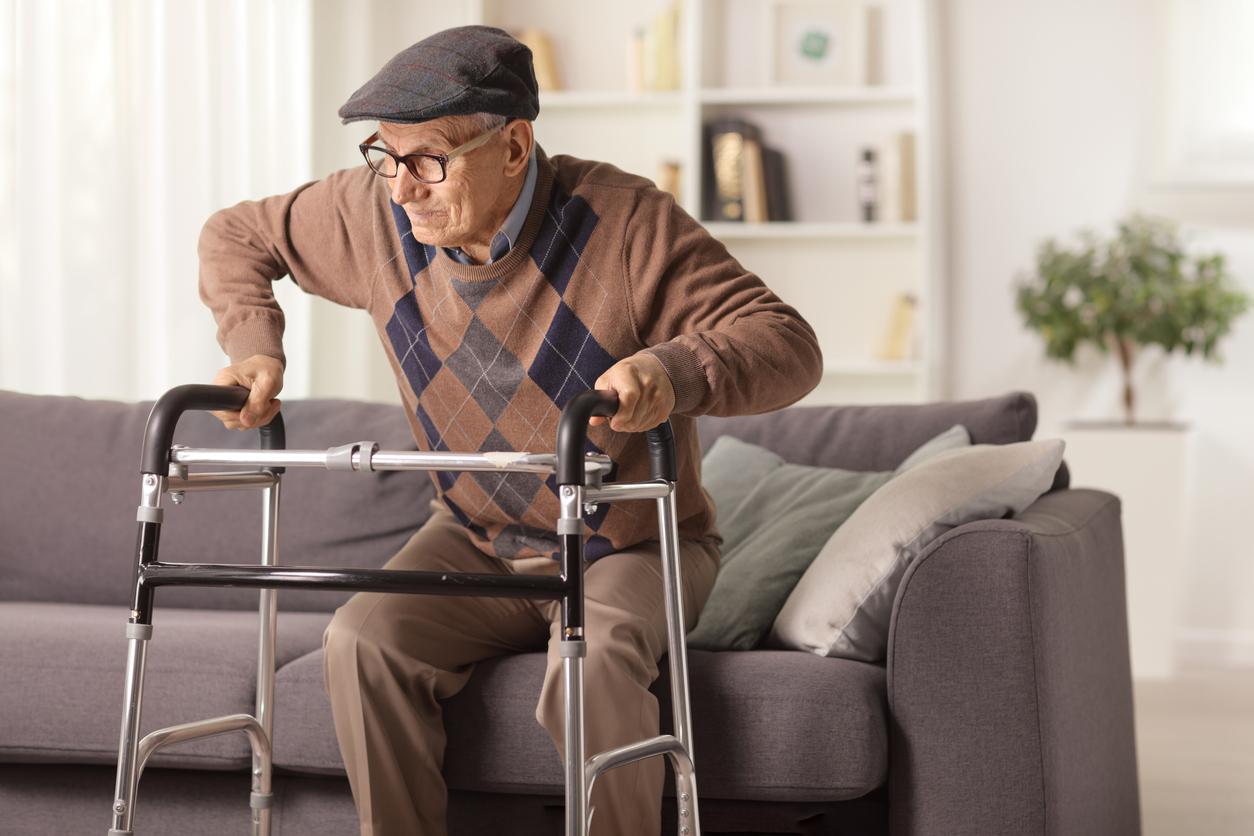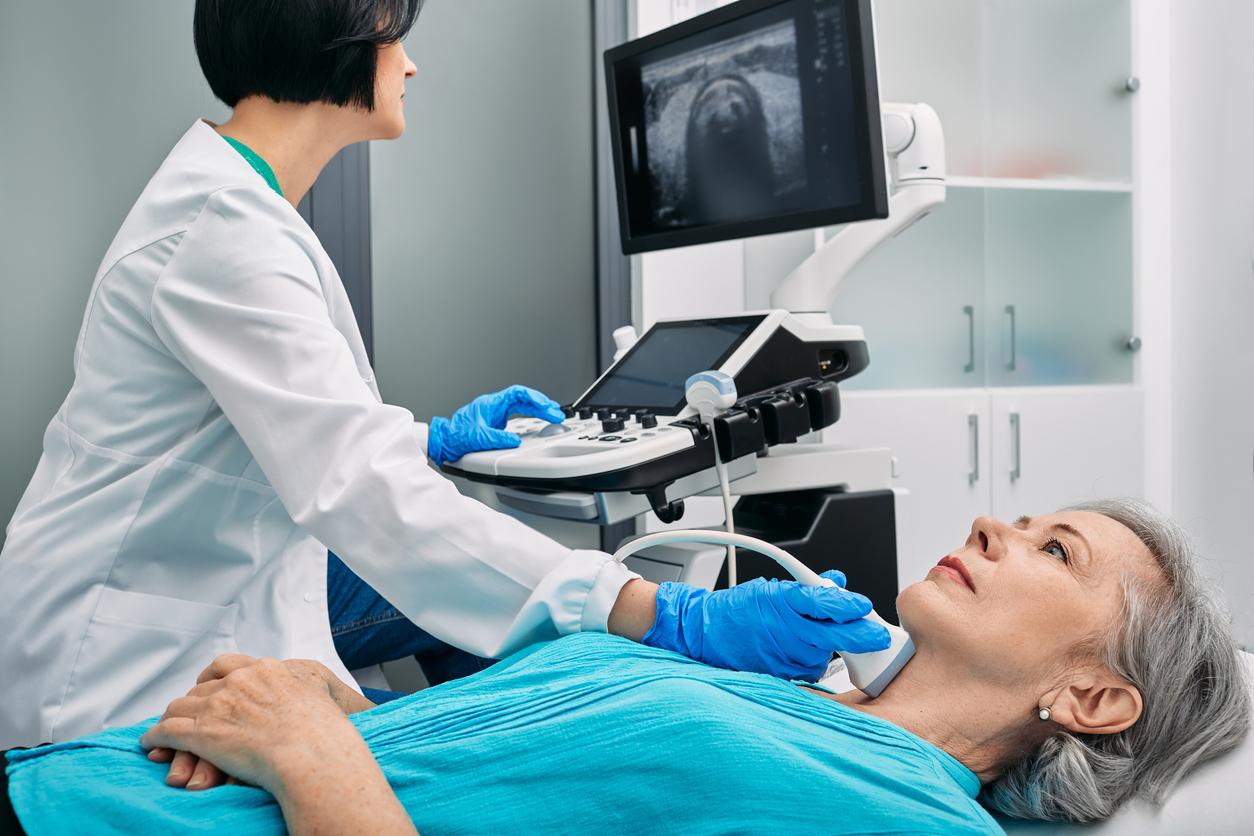
Surgery or medicines can help you with your complaints
An overactive thyroid can lead to unpleasant symptoms, such as shaking, fatigue and diarrhoea. An operation or medication can quickly relieve these complaints.
Your thyroid may work well, but it may also work too slowly or too quickly. If he works too slowly, it’s called hypothyroidism. If he works too fast, it’s called hyperthyroidism. Both conditions have different causes and give different complaints. An overactive thyroid produces too much thyroid hormone, which is necessary for your metabolism, for example. All this is controlled by the brain. An overactive thyroid also leads to a too fast metabolism.
Graves’ disease
Thyroid hormone enters your entire body through your blood. If your thyroid function and therefore your metabolism is accelerated, you can notice this in complaints such as:
• palpitations
• to lose weight
• to sweat
• a rushed feeling
• vibrate
• muscle weakness
• diarrhea
• be easily irritated
• fatigue
• warm and clammy skin
An overactive thyroid is most common in women between the ages of 25 and 50. The condition can have various causes. This is usually called Graves’ disease (or Basedow), an autoimmune disease in which immune cells attack the thyroid gland. Those who have Graves’ disease often also have other complaints than those listed above. For example, eye complaints are common, such as eyes that appear larger than normal or eyelids that are difficult to close.
goiter
Another cause of hyperthyroidism is Plummer’s disease, which causes the thyroid gland to enlarge over time and make too much thyroid hormone. An oversized thyroid is called a goiter. A benign nodule (toxic adenoma) occasionally occurs as a cause of an overactive thyroid gland. Finally, inflammation of the thyroid gland, use of lithium and iodine-containing drugs, and other autoimmune disorders can cause the condition.
Three treatment forms
Blood tests are the means to show an overactive thyroid. This is done through your GP. To determine exactly what causes this accelerated thyroid, a scan of the thyroid may be necessary. Rest is sometimes the first thing you can do yourself to reduce the symptoms. Either way, medical treatment is necessary. Treatment can be done in three ways:
1. Medicines
Drug treatment often starts with a drug that stops the thyroid gland working completely. After that, you will be given a medicine with artificial thyroid hormone in it. After a month and a half, the amount of thyroid hormone in your blood will be checked. The dose is then increased or decreased. This also happens if you develop symptoms such as chest pain or palpitations.
2. Radioactive Iodine
Radioactive iodine is a safe and rapid treatment method. You will be given a liquid containing radioactive iodine to drink in the hospital. Through the intestines this reaches your blood and eventually the thyroid gland, which will stop working as a result. You will then pass the radioactive material out on its own. The disadvantage of this treatment is that the thyroid gland often starts to work too slowly later on, so that you still need medication.
3. Operation
Surgery can work especially with an enlarged thyroid gland. During the operation, some thyroid tissue is removed, which reduces the pressure on the trachea and the swelling in the neck disappears. Here too, the thyroid gland sometimes starts to work too slowly years later, so that you still need medication.
















